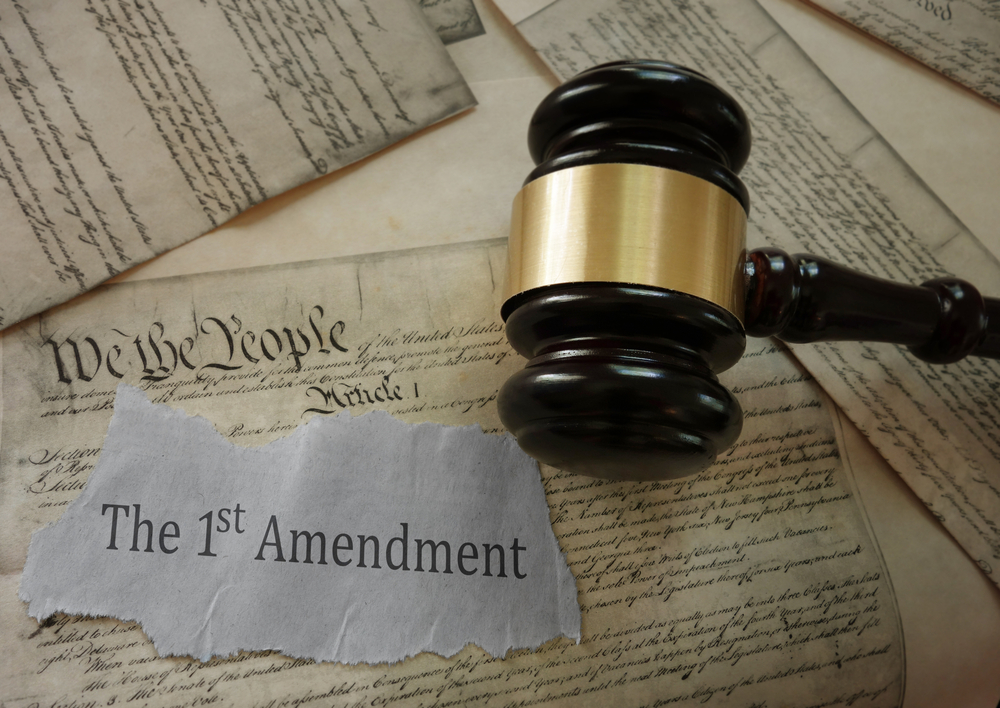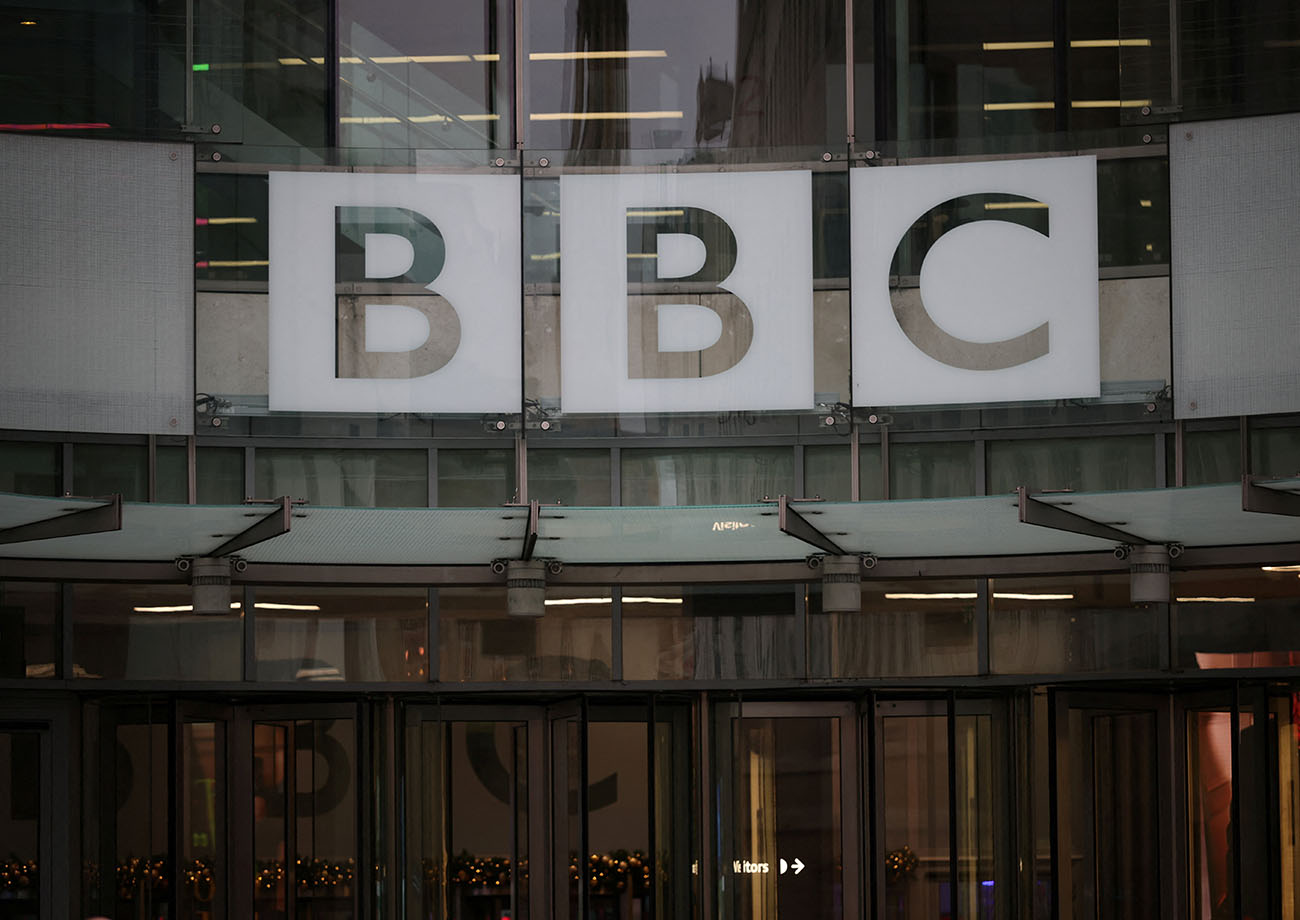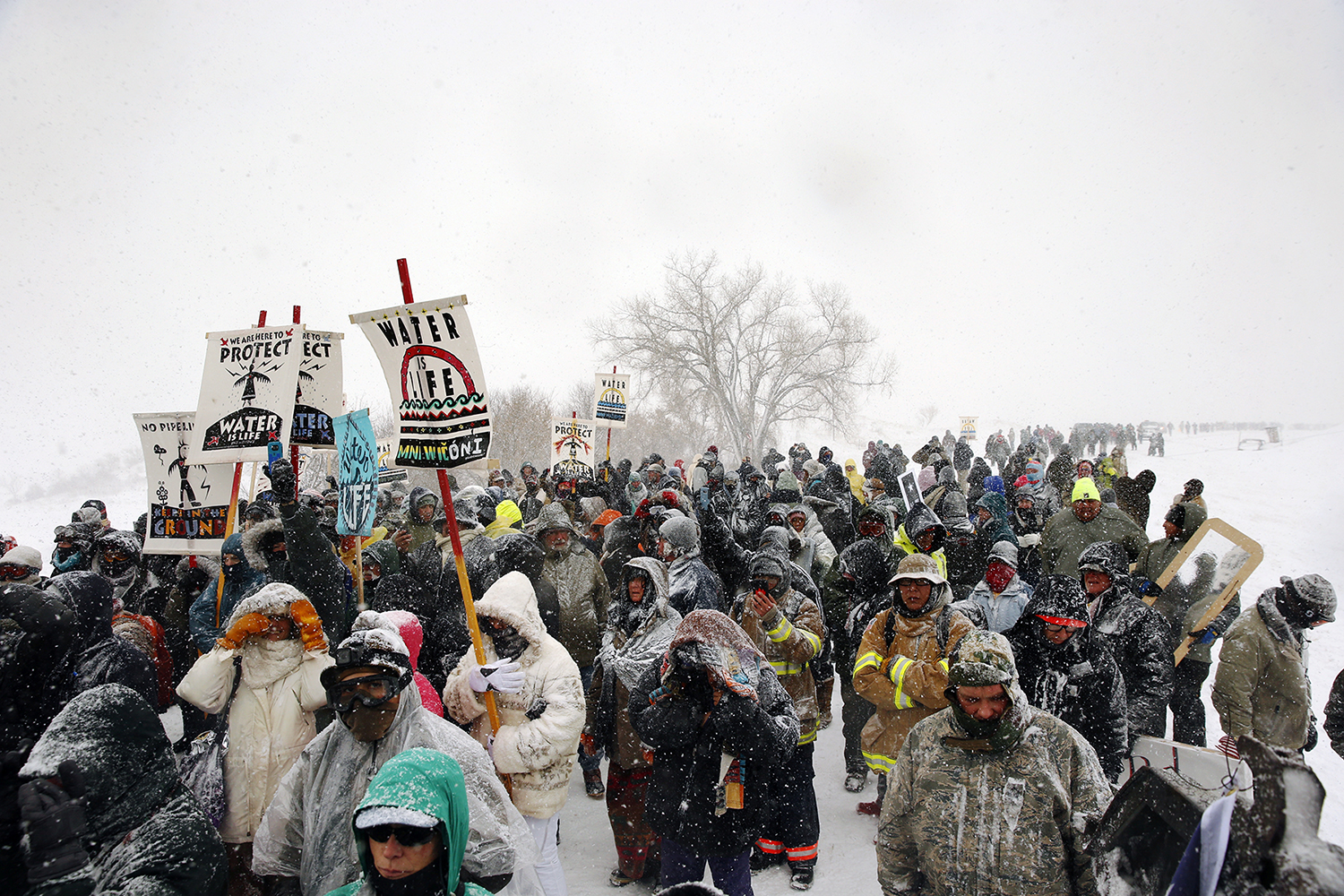Update 8/14/2020: The North Carolina Supreme Court ruled that reporter Mandy Locke had acted with actual malice when she wrote and published a story about firearms analyst Beth Desmond.
On November 4th, the North Carolina Supreme Court heard oral arguments in a libel suit brought by a state investigator against a reporter and the newspaper she writes for, The News & Observer.
In 2010, N&O reporter Mandy Locke wrote a series of articles around the trial of two men accused of murdering a 10 year-old boy in Pitt County, North Carolina. As part of the series, Locke questioned the validity of the State Bureau of Investigation agent Beth Desmond’s analysis of the ballistic evidence in the shooting. Locke consulted independent firearm experts, and wrote, “Independent firearm experts who have studied the photographs question whether Desmond knows anything about the discipline. Worse, some suspect she falsified the evidence to offer prosecutors the answers they wanted.”
In September 2011, Desmond sued for defamation over that statement and five others that appeared in the N&O articles.
On October 18, 2016, after a three-week long trial, a jury found each of the six statements to be materially false, and found for each statement “by strong, clear and convincing evidence that at the time of the publication, defendant Mandy Locke either knew [the statement] was materially false or had serious doubts as to whether [the statement] was true.” The jury awarded Desmond $6 million in compensatory and punitive damages.
The newspaper appealed the decision, claiming that Desmond had failed to prove that the defamatory statements were made with actual malice. In a defamation suit where the plaintiff is a public official, and the allegedly defamatory statement involves his/her official conduct, the plaintiff must prove that the statement was made with actual malice—meaning that it was made with knowledge that it was false, or it was made with reckless disregard of whether it was false or not.
On December 18, 2018 the North Carolina Court of Appeals affirmed the lower court’s decision, writing that the evidence in the case “tended to show that the primary objective of defendants was sensationalism rather than the truth.”
The newspaper appealed that decision, and oral arguments were heard in front of the state Supreme Court on November 4th. According to The Herald Sun, N&O’s attorney, Bradley Kutrow, argued that the two lower courts failed to properly apply New York Times v. Sullivan, which limits defamation claims by public officials.
“The teaching of Times v. Sullivan is that in order to serve the purpose the First Amendment protects, reporters and news organizations must have protected breathing space to publish critical information about government officials,” Kutrow told The Herald Sun. That protected breathing space, he added, must be maintained, “even if some errors occur and misjudgments are made” in reporting.
It’s not yet known when the state Supreme Court will issue its opinion in the matter.
The Herald Sun Appellate Court Opinion
Tags




